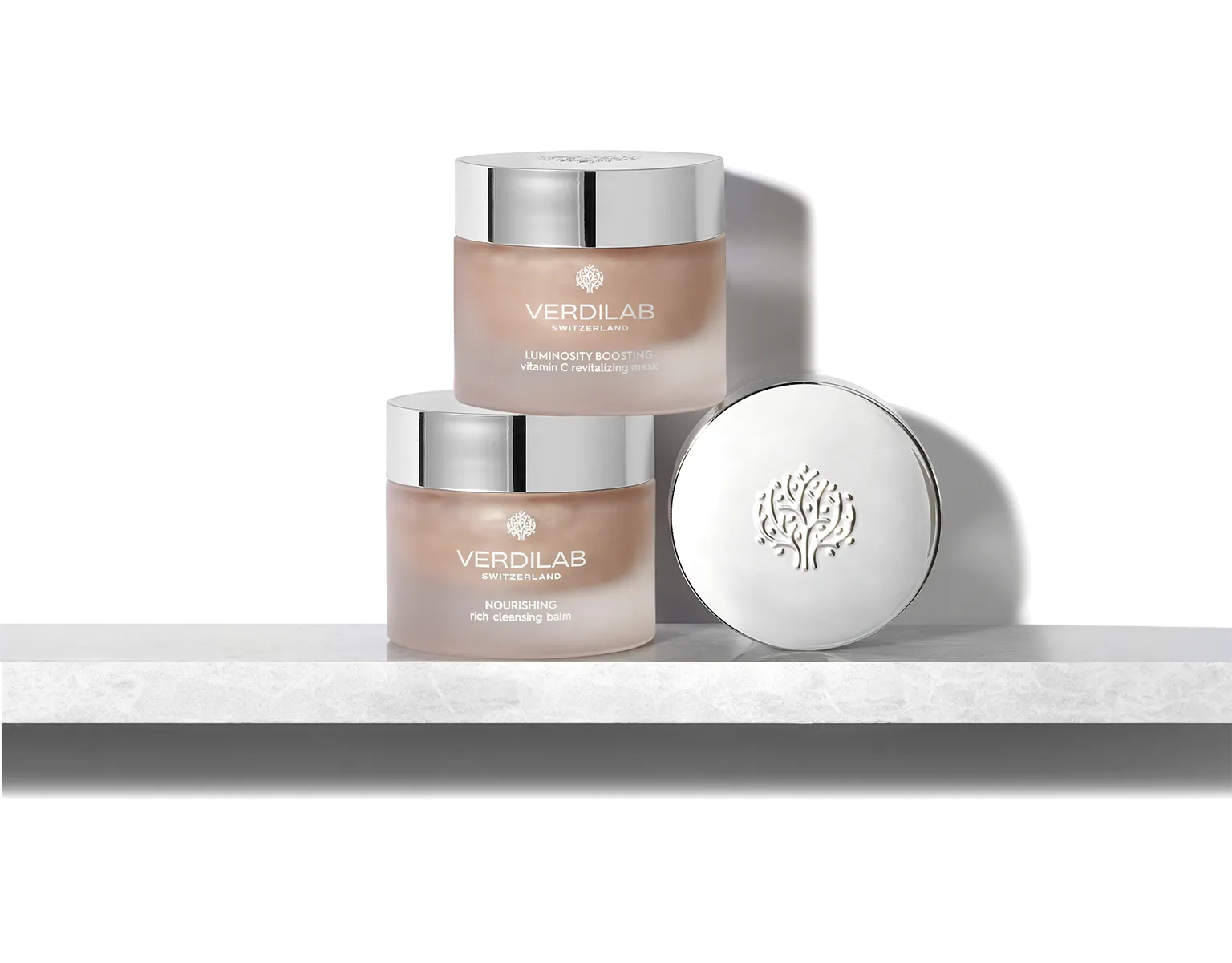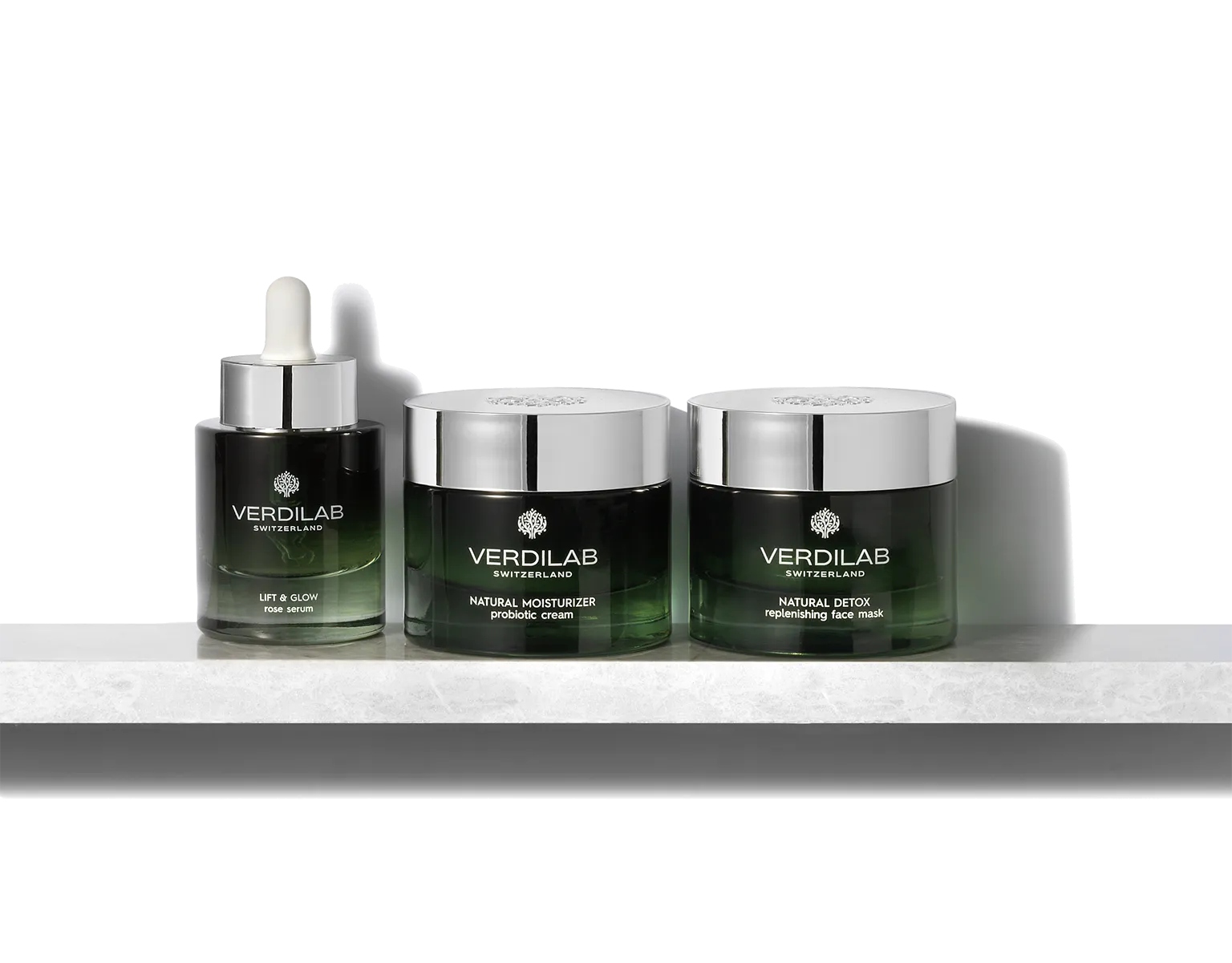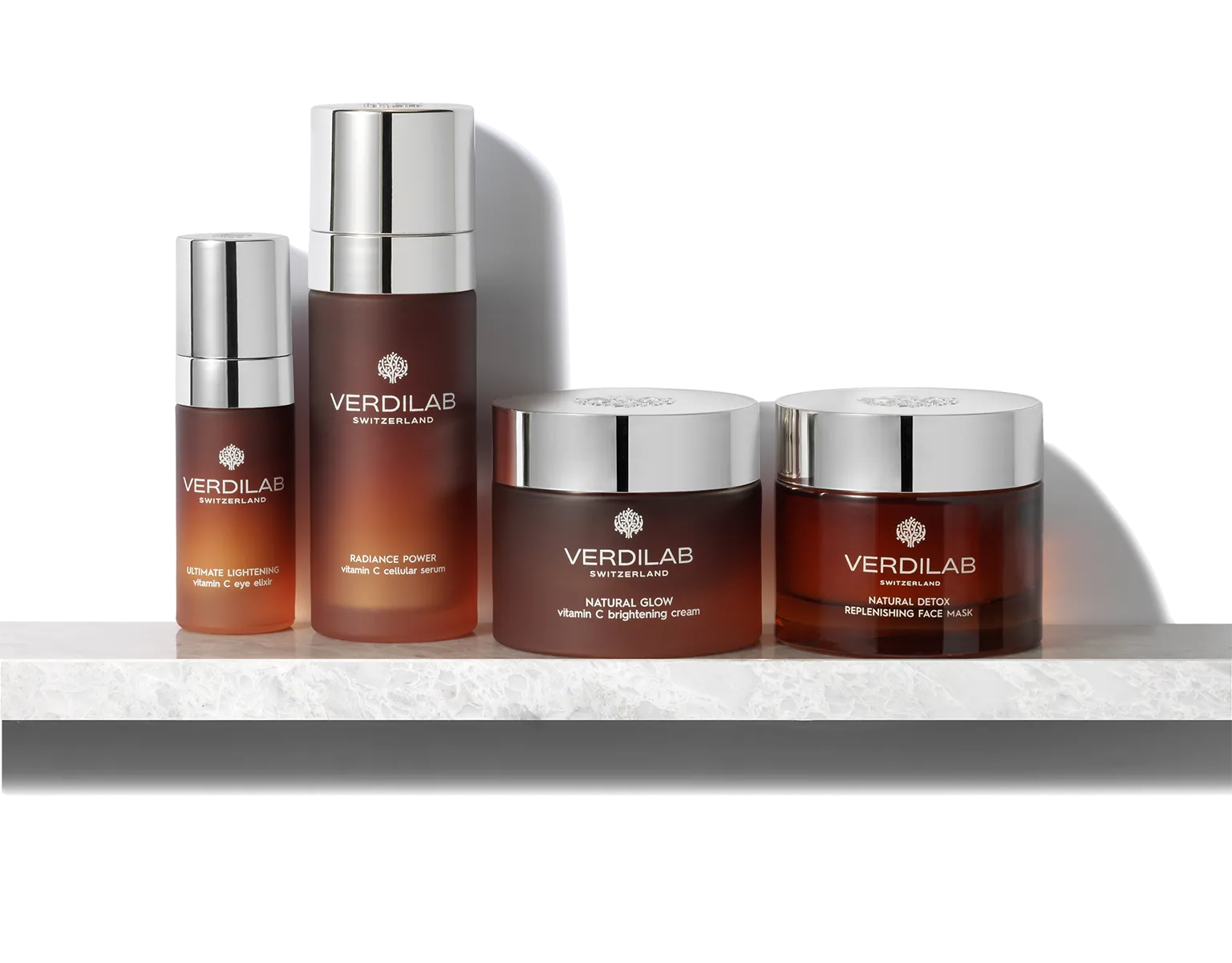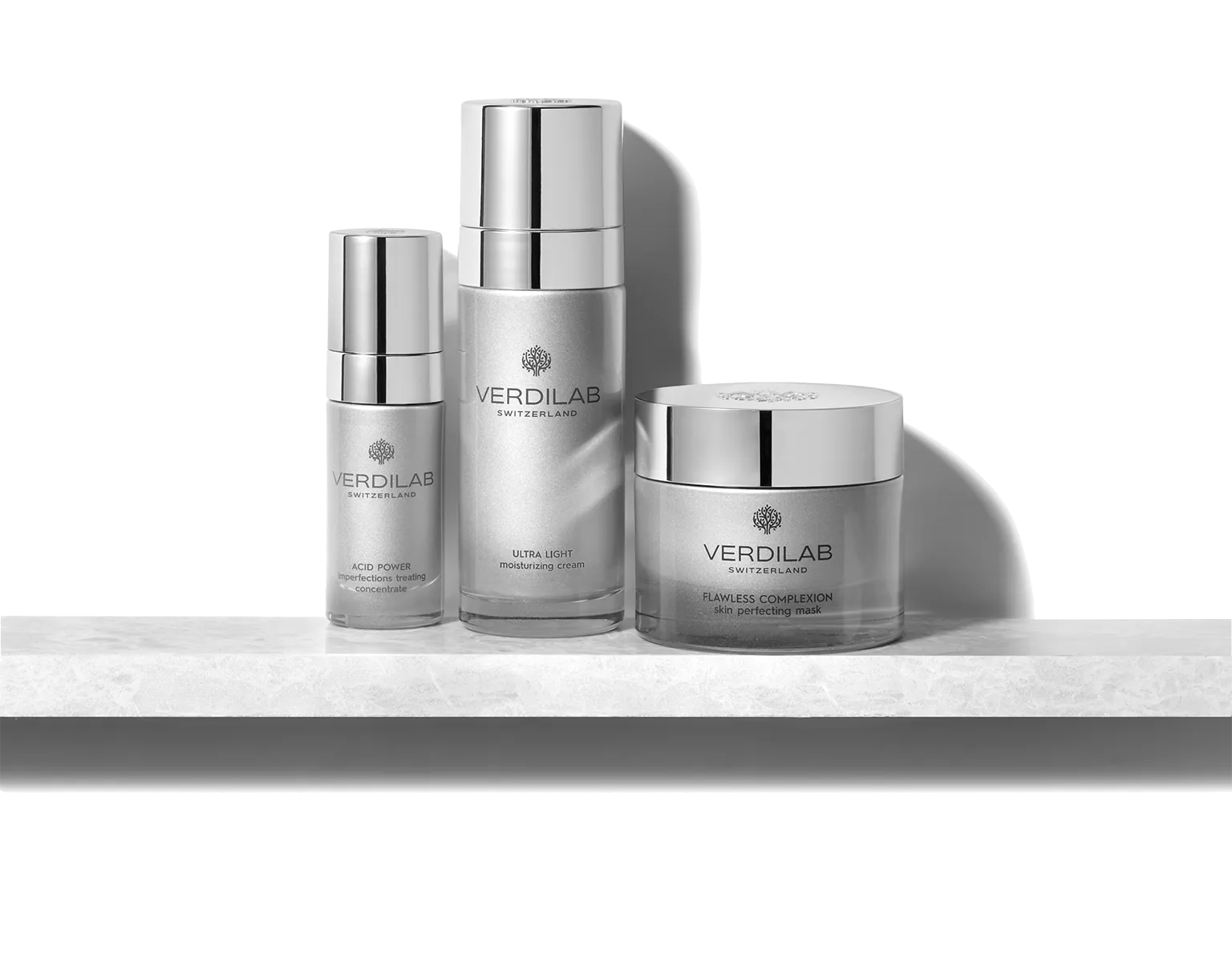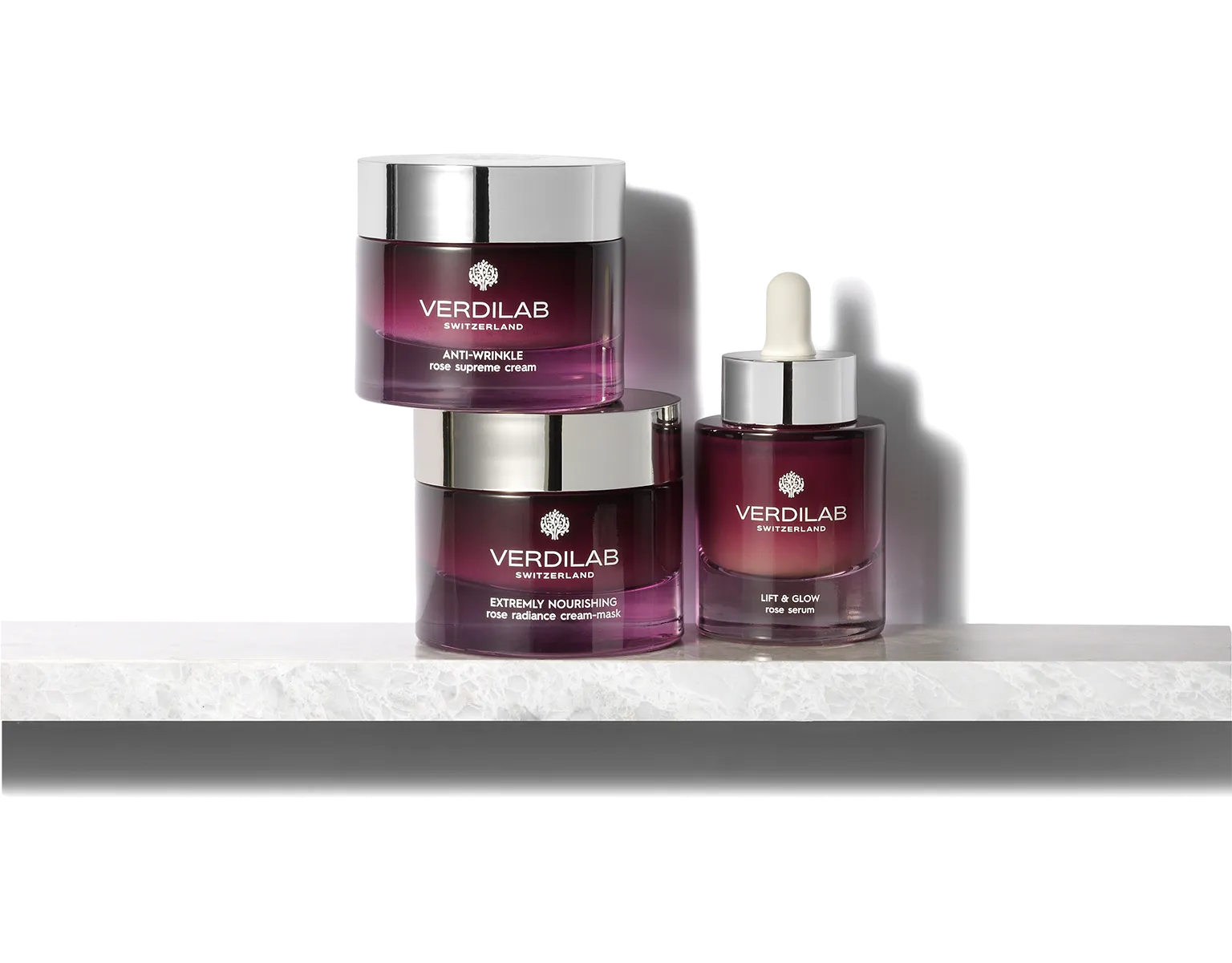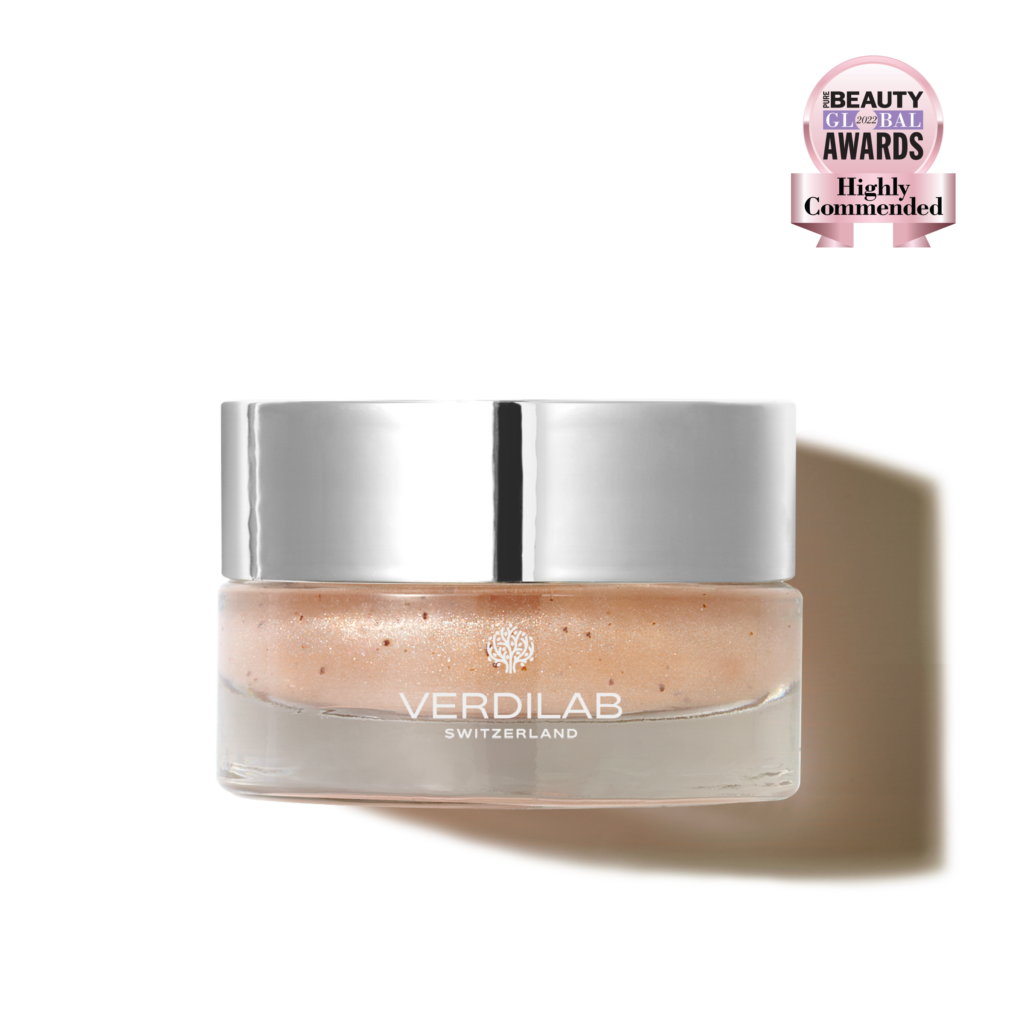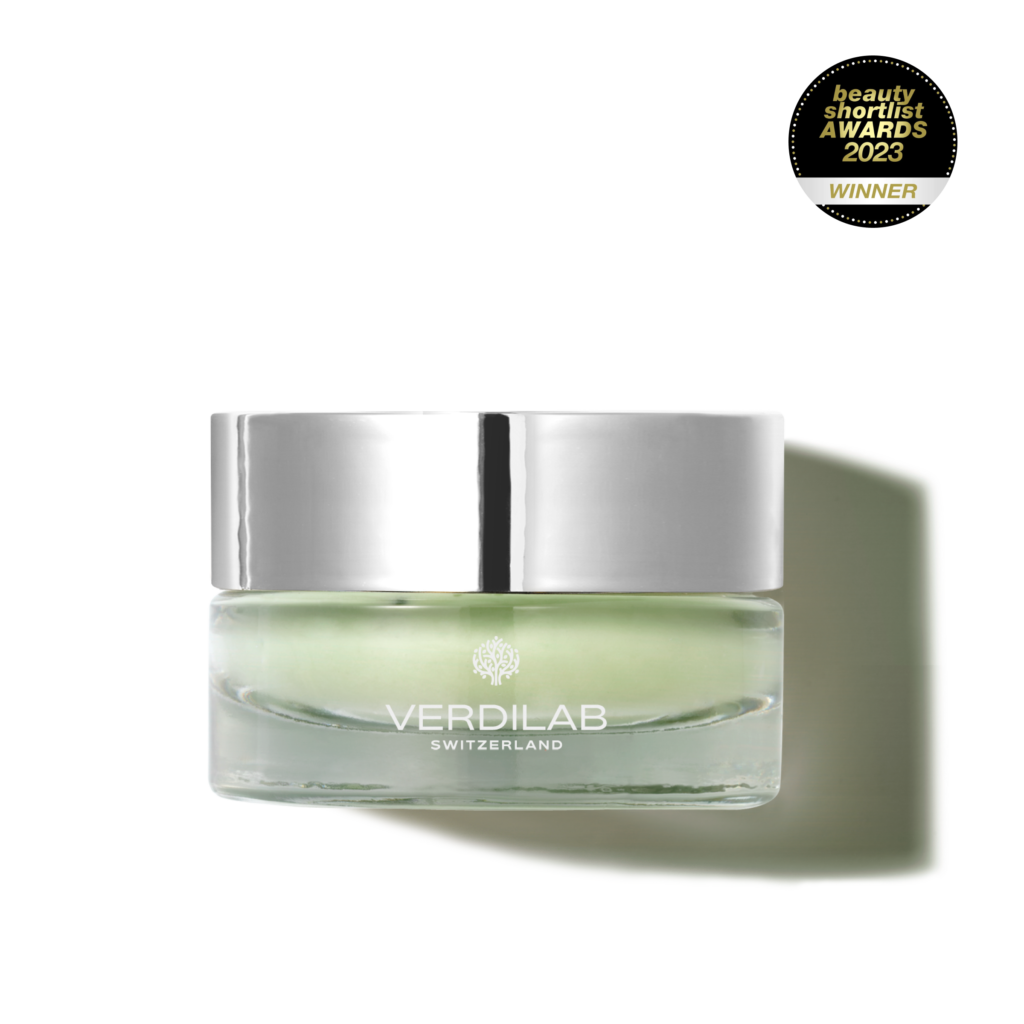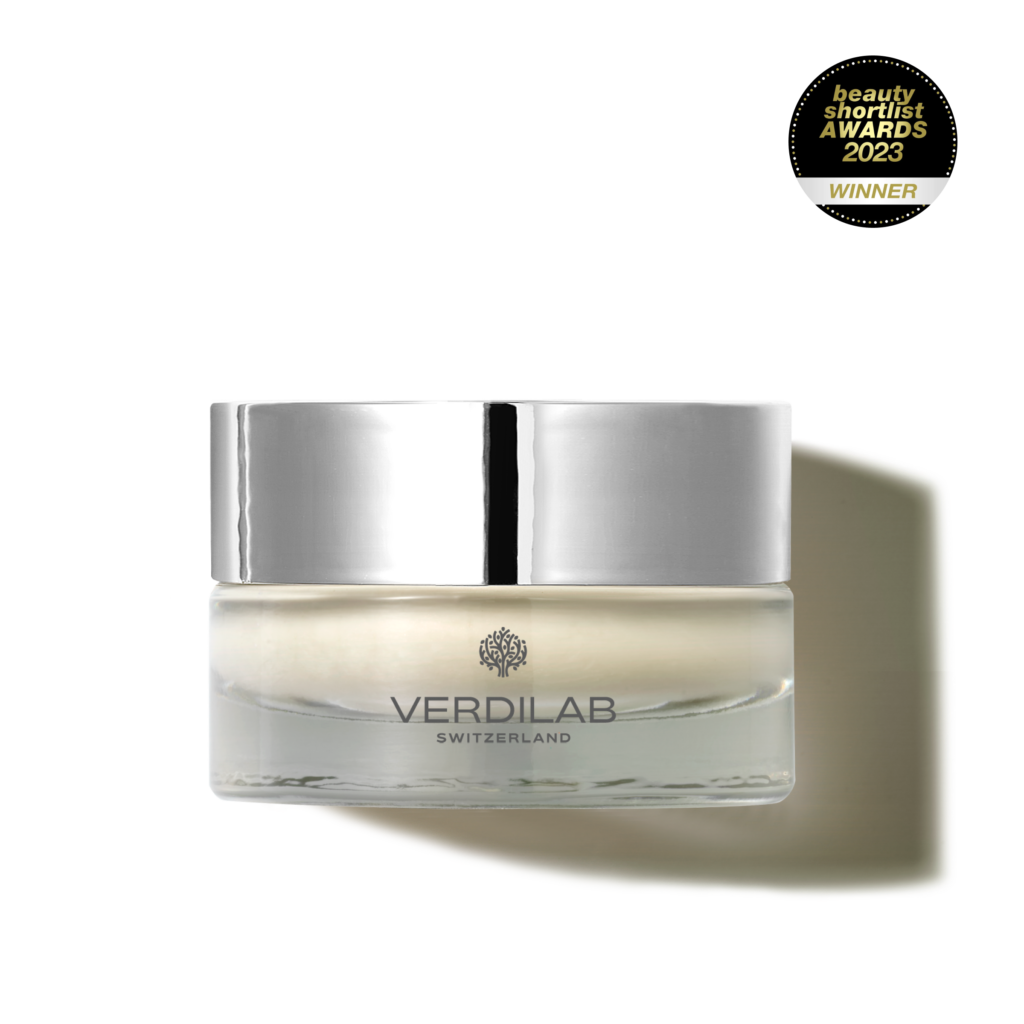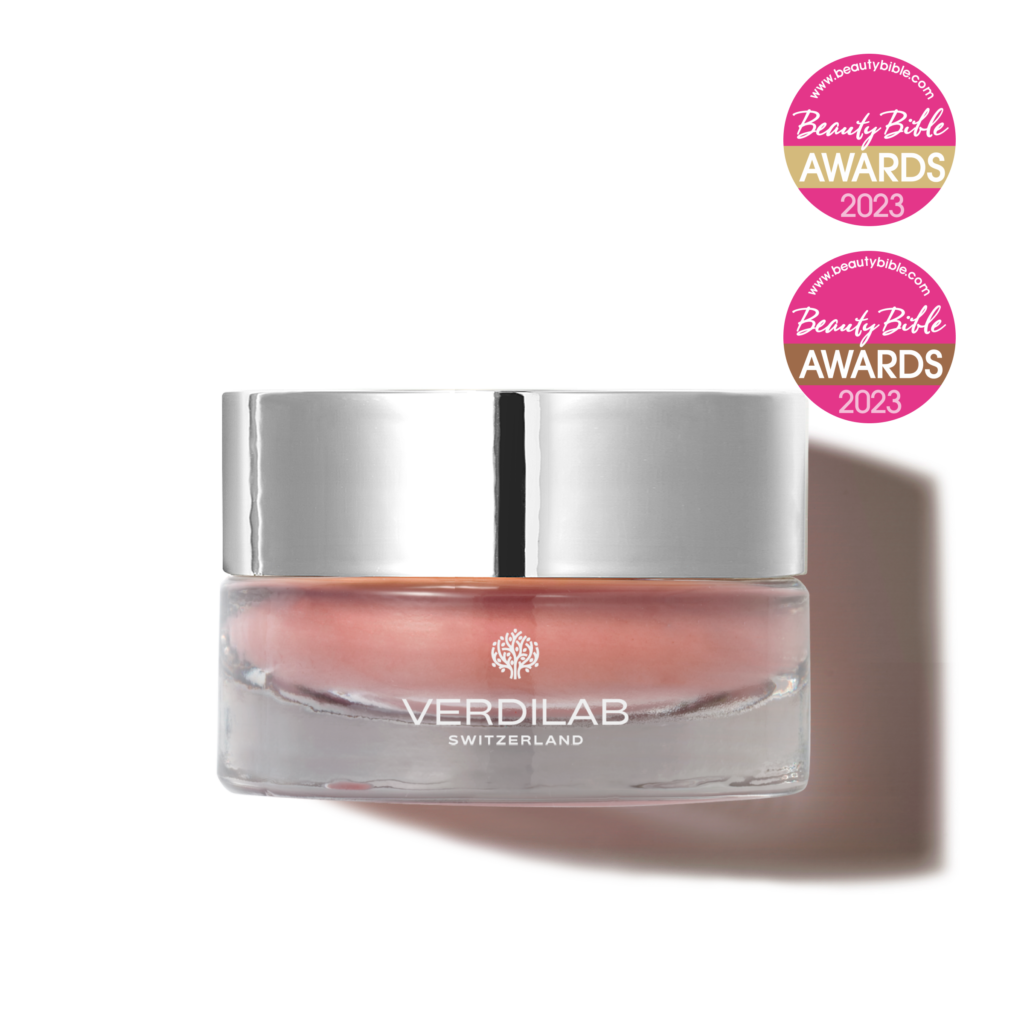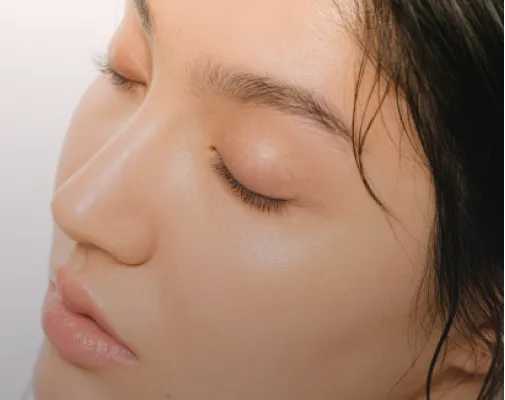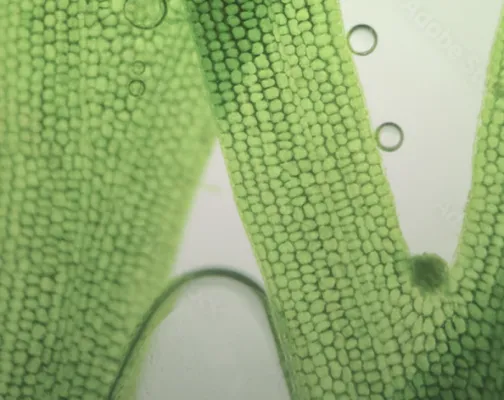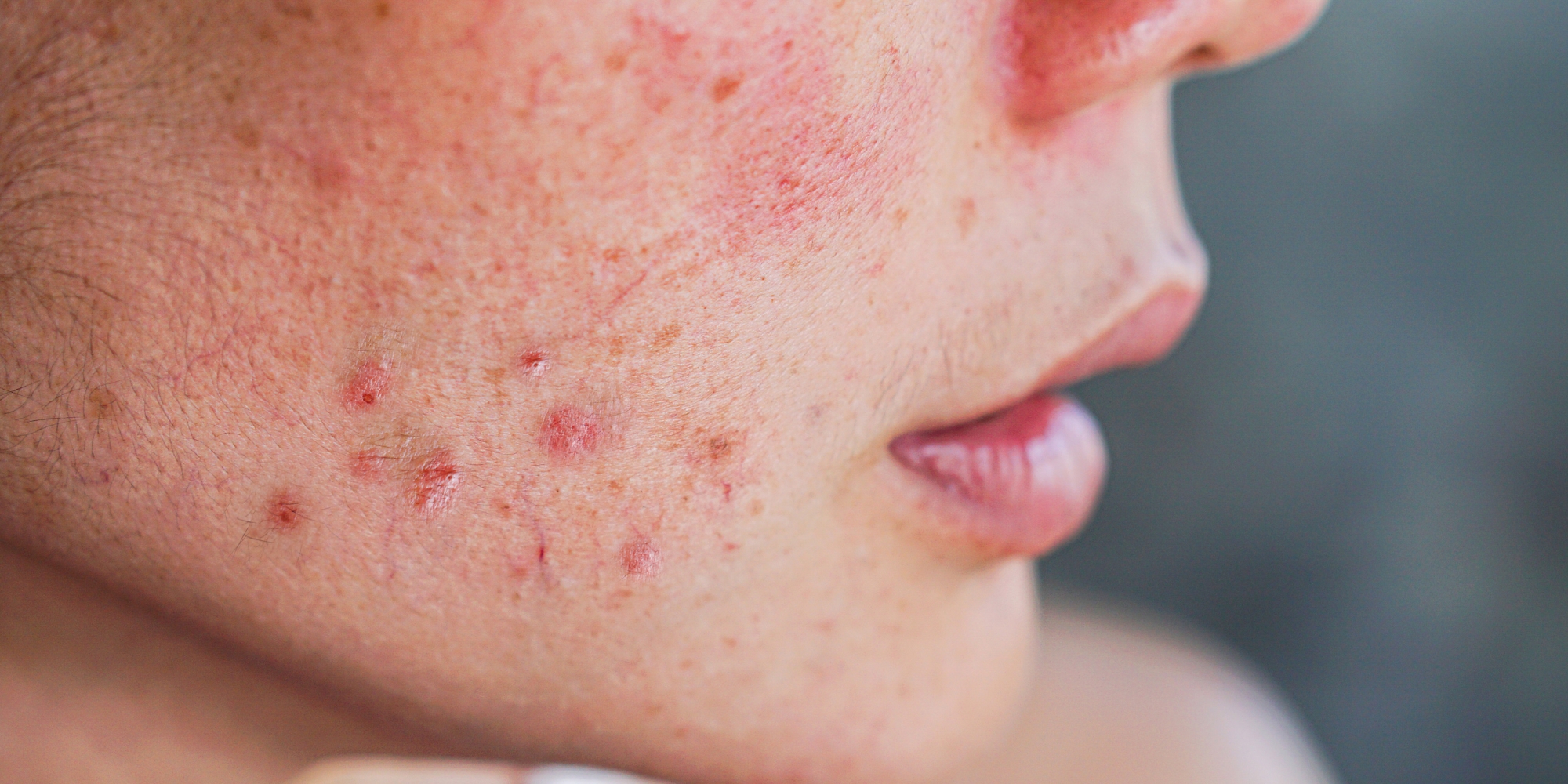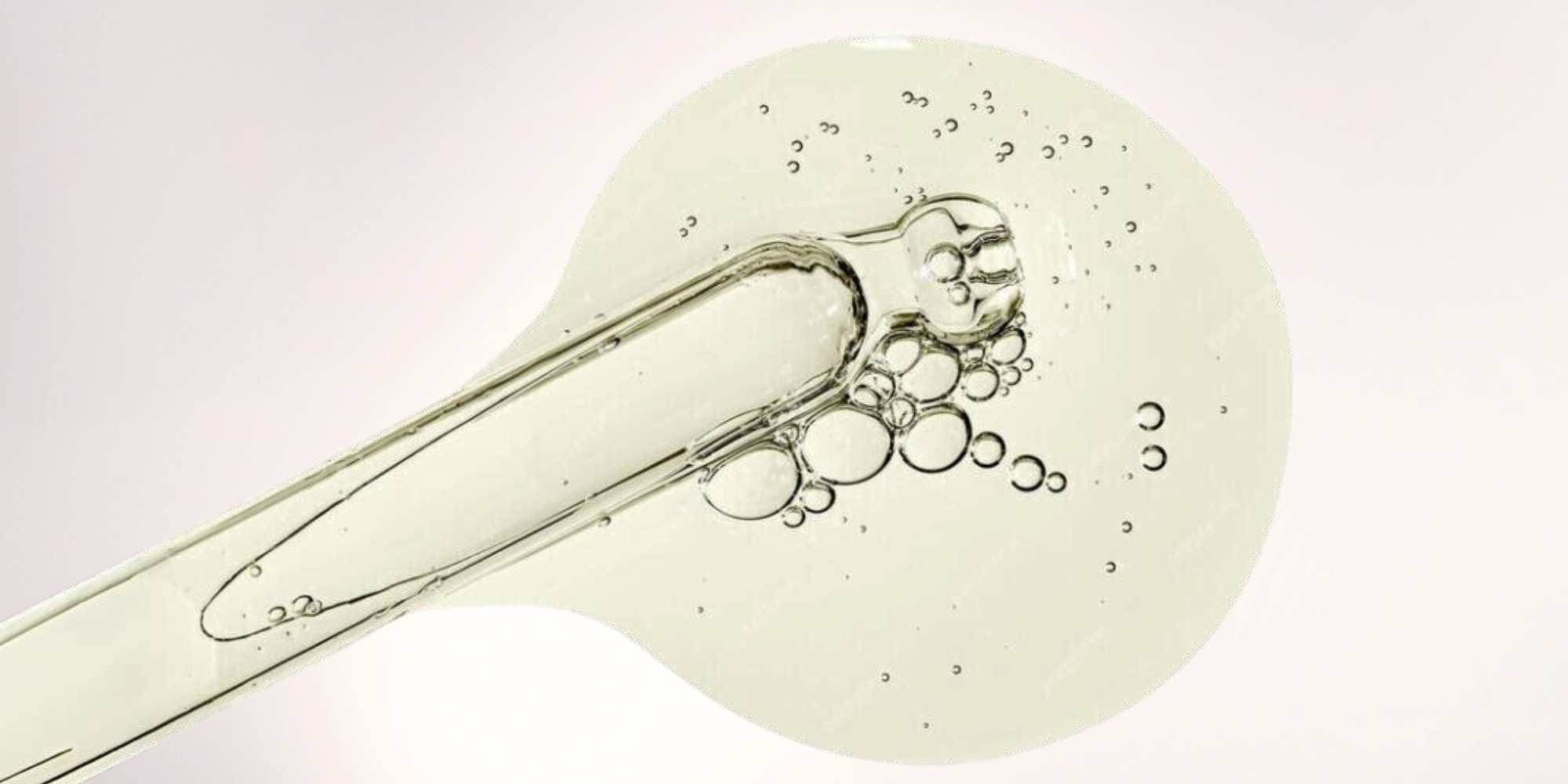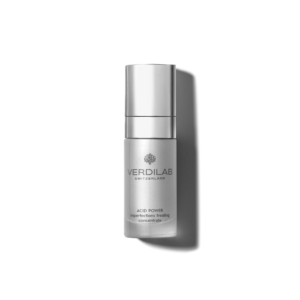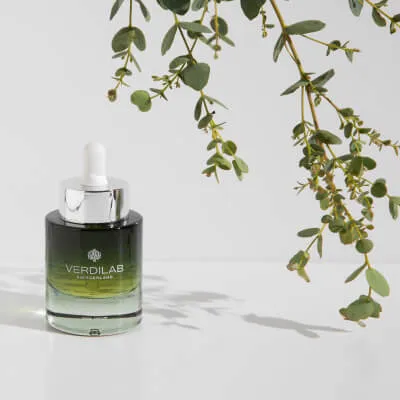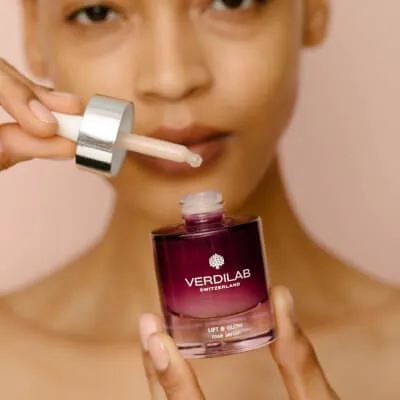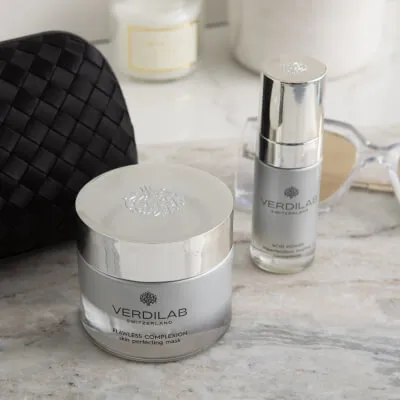Acne is a common skin issue that can affect anyone, not just teenagers. One often overlooked factor in acne development is the condition of the skin barrier. This article will explore how a damaged skin barrier can contribute to acne and what steps can be taken to repair it.
Key Takeaways
- A healthy skin barrier is crucial for preventing acne and maintaining overall skin health.
- Using gentle skincare products helps protect the skin barrier from damage.
- Environmental factors, like sun exposure and pollution, can weaken the skin barrier.
- Over-exfoliating or using harsh cleansers can harm the skin barrier and lead to more breakouts.
- Incorporating barrier-repairing ingredients in your routine can help restore skin health.
.jpg)
Understanding the Skin Barrier and Its Functions
Role of the Skin Barrier in Skin Health
The skin barrier, also known as the stratum corneum, is the outermost layer of your skin. It acts as a protective shield, maintaining the skin’s integrity and preventing moisture loss. A healthy skin barrier is essential for overall skin health, as it helps to keep harmful substances out while retaining necessary moisture.
Components of the Skin Barrier
The skin barrier is primarily composed of:
- Corneocytes: These are the tough skin cells that form the main structure of the barrier.
- Lipids: These natural fats fill the gaps between corneocytes, acting like mortar in a brick wall. Important lipids include ceramides, cholesterol, and fatty acids.
- Proteins: These contribute to the barrier’s strength and functionality.
How the Skin Barrier Protects Against Acne
A well-functioning skin barrier helps to prevent acne by:
- Keeping moisture in: This prevents dryness, which can lead to irritation and breakouts.
- Blocking harmful bacteria: A strong barrier keeps out bacteria that can cause acne.
- Maintaining skin balance: It helps to regulate oil production, reducing the likelihood of clogged pores.
A healthy skin barrier is crucial for preventing skin issues, including acne. When compromised, it can lead to increased sensitivity and breakouts.
In summary, the skin barrier is vital for maintaining skin health and preventing conditions like acne. Understanding its functions can help in developing effective skincare routines.
Causes of a Damaged Skin Barrier
Understanding the causes of a damaged skin barrier is crucial for effective repair and prevention. Several factors can contribute to this condition:
Environmental Factors
- Extreme weather conditions: Exposure to harsh weather, such as extreme cold or hot temperatures, can lead to skin barrier damage.
- Pollution: Environmental pollutants can weaken the skin’s protective layer, making it more susceptible to damage.
- Sun exposure: Excessive sun exposure can harm the skin barrier, leading to premature aging and other skin issues.
Skincare Routine Mistakes
- Over-cleansing: Washing the skin too often or using harsh cleansers can strip away natural oils, disrupting the skin barrier.
- Incorrect product use: Using products with harsh ingredients or over-exfoliating can further damage the skin’s protective layer.
- Neglecting hydration: Failing to moisturize can leave the skin dry and vulnerable to damage.
Genetic Predispositions
Some individuals may be genetically predisposed to a weaker skin barrier, making them more susceptible to damage. This can lead to conditions such as eczema or rosacea, which further compromise skin health.
A damaged skin barrier does not happen overnight; it is often the result of cumulative factors that weaken the skin’s defenses over time.
By recognizing these causes, individuals can take proactive steps to protect and repair their skin barrier, ultimately reducing the risk of acne and other skin issues.
.jpg)
Signs and Symptoms of a Compromised Skin Barrier
Recognizing the signs of a damaged skin barrier is crucial for taking steps to restore its health. Common symptoms include:
Increased Skin Sensitivity
- Redness: Skin may appear redder than usual.
- Irritation: You might feel a stinging or burning sensation when applying products.
- Itching: Increased itchiness can indicate a compromised barrier.
Dryness and Dehydration
- Flaky Skin: Skin may become dry and flaky, indicating a lack of moisture.
- Tightness: A feeling of tightness can occur, especially after cleansing.
- Excessive Oiliness: Sometimes, the skin compensates for dryness by overproducing oil, leading to a shiny appearance.
Frequent Acne Breakouts
- Breakouts: A damaged barrier allows bacteria to penetrate more easily, leading to increased acne.
- Uneven Texture: Skin may feel rough or bumpy due to disrupted cellular turnover.
- Inflammation: Increased inflammation can exacerbate acne and other skin conditions.
Understanding these signs can help you take proactive measures to restore your skin barrier and improve overall skin health.
In summary, a compromised skin barrier can lead to various symptoms, including increased sensitivity, dryness, and frequent breakouts. Recognizing these signs early can help in implementing effective strategies for repair and maintenance.
.jpg)
The Connection Between a Damaged Skin Barrier and Acne
How Barrier Damage Leads to Acne
A compromised skin barrier can significantly contribute to the development of acne. When the skin barrier is damaged, it becomes less effective at protecting against irritants and bacteria. This can lead to increased inflammation and irritation, which are key factors in acne formation.
Impact on Skin Flora and Bacterial Growth
The skin is home to a variety of bacteria, some of which are beneficial. A damaged barrier disrupts this balance, allowing harmful bacteria to thrive. This imbalance can lead to an overgrowth of acne-causing bacteria, exacerbating breakouts.
Role of Inflammation in Acne Development
Inflammation plays a crucial role in acne. When the skin barrier is compromised, it can trigger an inflammatory response. This response not only worsens existing acne but can also lead to new breakouts.
| Factor | Effect on Acne Development |
|---|---|
| Damaged Skin Barrier | Increased irritation |
| Disrupted Skin Flora | Overgrowth of harmful bacteria |
| Inflammation | Worsening of acne |
In summary, maintaining a healthy skin barrier is essential for preventing and managing acne. A strong barrier helps keep irritants out and moisture in, which is vital for overall skin health.
A healthy skin barrier is the first line of defense against acne and other skin issues. Understanding its role can lead to better skincare practices and improved skin health.
Common Acne Treatments and Their Effects on the Skin Barrier
.jpg)
Retinoids and Retinol
Retinoids and retinol are widely used in acne treatments due to their ability to promote cell turnover and prevent clogged pores. However, these treatments can also lead to skin irritation and compromise the skin barrier if not used correctly. Common side effects include:
- Redness
- Peeling
- Dryness
Benzoyl Peroxide
Benzoyl peroxide is effective in killing acne-causing bacteria. While it can reduce breakouts, it may also strip the skin of its natural oils, leading to a damaged skin barrier. Users often report:
- Increased sensitivity
- Erythema
- Xerosis (dry skin)
Salicylic Acid
Salicylic acid helps to exfoliate the skin and unclog pores. Although beneficial, overuse can result in irritation and a weakened skin barrier. It is essential to balance its use with hydrating products to maintain skin health.
| Treatment | Benefits | Potential Side Effects |
|---|---|---|
| Retinoids | Promotes cell turnover | Redness, peeling, dryness |
| Benzoyl Peroxide | Kills bacteria | Sensitivity, erythema, xerosis |
| Salicylic Acid | Exfoliates and unclogs pores | Irritation, barrier damage |
A healthy skin barrier is crucial for managing acne effectively. When the barrier is compromised, it can lead to increased irritation and inflammation, worsening acne conditions.
In conclusion, while these treatments are effective for acne, they can also damage the skin barrier if not used with care. It is vital to incorporate barrier-repairing ingredients and maintain a balanced skincare routine to support skin health.
Strategies to Repair and Strengthen the Skin Barrier
Choosing the Right Cleanser
To begin repairing a damaged skin barrier, it is essential to select a gentle cleanser. Harsh soaps can strip the skin of its natural oils, leading to further damage. Instead, opt for a soap-free, pH-balanced cleanser that respects the skin’s delicate balance. This will help maintain moisture while effectively removing impurities.
Importance of Hydration
Hydration plays a crucial role in restoring the skin barrier. After cleansing, apply a hydrating serum containing ingredients like hyaluronic acid or glycerin. These ingredients help attract and retain moisture, ensuring the skin remains hydrated. Follow this with a nourishing moisturizer that includes barrier-repairing ingredients such as ceramides or niacinamide.
Barrier-Repairing Ingredients
Incorporating specific ingredients into your skincare routine can significantly aid in repairing the skin barrier. Consider using products that contain:
- Peptides: Essential for skin repair and regeneration.
- Ceramides: Help restore the skin’s natural lipid barrier.
- Niacinamide: Known for its anti-inflammatory properties and ability to improve skin texture.
A well-functioning skin barrier not only protects against environmental aggressors but also enhances overall skin health.
Avoiding Over-Exfoliation
While exfoliation can be beneficial, over-exfoliating can damage the skin barrier. It is advisable to use mild exfoliants, such as those containing alpha or beta hydroxy acids, and to limit exfoliation to once or twice a week. This approach helps promote cell turnover without compromising the skin’s integrity.
Summary Table of Key Strategies
| Strategy | Description |
|---|---|
| Gentle Cleansing | Use a soap-free, pH-balanced cleanser |
| Hydration | Apply hydrating serums and moisturizers |
| Barrier-Repairing Ingredients | Incorporate peptides, ceramides, and niacinamide |
| Avoid Over-Exfoliation | Limit exfoliation to once or twice a week |
.jpg)
Preventing Skin Barrier Damage
Proper Skincare Routine
To maintain a healthy skin barrier, it is essential to adopt a gentle skincare routine. Here are some key practices:
- Use warm water for cleansing, as hot water can strip away natural oils, similar to how butter melts under heat.
- Choose a soap-free cleanser that is mild and formulated for sensitive skin to avoid stripping away beneficial bacteria.
- Exfoliate gently using mild chemical exfoliants instead of harsh scrubs, which can create tiny tears in the skin.
Protection from Environmental Aggressors
Environmental factors can significantly damage the skin barrier. To protect your skin:
- Apply sunscreen daily to shield against UV damage, which can weaken the skin barrier.
- Limit exposure to pollutants and harsh weather conditions by using protective clothing or barriers.
- Stay hydrated to help your skin maintain its moisture levels and resilience.
Avoiding Over-Exfoliation
Over-exfoliation can lead to a compromised skin barrier. To prevent this:
- Limit exfoliation to once or twice a week.
- Opt for gentle exfoliants that do not irritate the skin.
- Monitor your skin’s response to products and adjust your routine accordingly.
Maintaining a strong skin barrier is crucial for overall skin health and can help prevent acne breakouts.
By following these strategies, you can effectively protect and strengthen your skin barrier, reducing the risk of damage and promoting healthier skin overall.
The Role of Diet and Lifestyle in Skin Barrier Health
Impact of Nutrition on Skin Health
Diet plays a significant role in maintaining and improving skin health through various mechanisms involving gut health, hydration, and inflammation. A balanced diet rich in essential nutrients can help support the skin barrier, which is crucial for preventing acne and other skin issues. Key nutrients include:
- Vitamins: Such as Vitamin A, C, and E, which are vital for skin repair and protection.
- Minerals: Zinc and selenium help in skin healing and reducing inflammation.
- Fatty Acids: Omega-3 and Omega-6 fatty acids are essential for maintaining skin hydration and barrier function.
Stress and Skin Barrier Function
Stress can negatively impact skin barrier health. When stressed, the body produces more cortisol, which can lead to increased oil production and inflammation, contributing to acne. Managing stress through techniques such as:
- Mindfulness and meditation
- Regular exercise
- Adequate sleep
can help maintain a healthy skin barrier.
Importance of Sleep
Sleep is crucial for skin health. During sleep, the body undergoes repair processes, including skin regeneration. Lack of sleep can lead to:
- Increased inflammation
- Dull skin appearance
- Higher susceptibility to acne
A well-functioning skin barrier is essential for overall skin health, as it protects against irritants and retains moisture. Maintaining a balanced diet and healthy lifestyle can significantly enhance skin barrier function.
Expert Opinions on Skin Barrier and Acne
Dermatologists’ Insights
Recent discussions among dermatologists emphasize the critical role of the skin barrier in acne management. Dr. Mona Gohara states that the skin barrier is the outermost layer that serves two main functions: it keeps irritants out and retains moisture. This barrier is essential for maintaining skin health, and when it is compromised, it can lead to various skin issues, including acne.
Recent Research Findings
Research indicates that a damaged skin barrier can significantly contribute to acne development. Studies show that individuals with acne often have lower levels of ceramides, which are vital for skin barrier function. This deficiency can lead to increased inflammation and bacterial growth, exacerbating acne symptoms. For instance, a study found that epidermal barrier dysfunction plays a vital role in acne pathogenesis, particularly in adult females.
Case Studies and Clinical Trials
Clinical trials have demonstrated that products designed to repair the skin barrier can lead to significant improvements in acne conditions. For example, a natural moisturizer probiotic cream has shown 100% hydration and 97% nourishment in users, highlighting the importance of maintaining a healthy skin barrier. These findings suggest that addressing skin barrier health is crucial for effective acne treatment.
In summary, experts agree that nurturing and repairing the skin barrier is essential for managing acne effectively. By focusing on the health of this protective layer, individuals can improve their overall skin condition and reduce the frequency of breakouts.
.jpg)
Products That Support Skin Barrier Health
Gentle Cleansers and Exfoliators
Cleansers play a crucial role in maintaining skin barrier health. A gentle cleanser helps remove impurities without stripping the skin of its natural oils. Recommended options include:
- Nourishing Rich Cleansing Balm: An indulgent and extremely mild face and eye cleanser with a luxurious and relaxing scent. Our 100% natural formula is ultra-rich in botanical actives that deeply purify skin from pollutants and dirt without drying or stripping. It thoroughly removes make-up, perfectly moisturizes and smooths, leaving your complexion looking fresh, revitalized and radiant.
- Illuminating Micro Exfoliating Mask: An innovative, botanically-charged purifying professional treatment that synergistically combines physical exfoliation with the enzymatic exfoliation of gentle biological acids. It gives skin a healthy glow by detoxifying and stimulating cell renewal, ridding skin of dead cells, unblocking clogged pores and reducing their visibility, and rebalancing sebum secretion.
Serums
- Acid Power Imperfections Treating Concentrate: This concentrate is a potent, quickly absorbing composition of natural acids – AHAs, BHA and PHA with great skin purifying and rebalancing abilities. It reduces skin imperfections, prevents the formation of blackheads, tightens enlarged pores and stimulates cell renewal, balancing sebum excess and reducing redness.
Creams and masks
- Ultra Light Moisturizing Cream: A perfect, all-natural daily care specifically designed for oily or combination skin with blemishes, enlarged pores and fine lines. It provides immediate and long-lasting dermal hydration, visibly clarifies and rebalances the complexion, targeting excessive sebum secretion without over-drying.
- Flawless Complexion Skin Perfecting Mask: A rebalancing and correcting treatment for oily and combination skin. It provides an immediate feeling of softness and hydration, decreases sebum secretion, mattifies without over-drying, reduces redness and minimizes skin imperfections, leaving a velvety smooth, soothed and healthy-looking complexion.
Incorporating specific ingredients into your skincare routine can help repair and strengthen the skin barrier. Key ingredients include:
- Hyaluronic Acid: Provides deep hydration.
- Niacinamide: Reduces inflammation and improves skin texture.
- Peptides: Support skin repair and regeneration.
In summary, choosing the right products is essential for supporting skin barrier health. A well-maintained barrier not only prevents acne but also enhances overall skin appearance and resilience.
Myths and Misconceptions About Acne and Skin Barrier
Common Skincare Myths
Many people hold misconceptions about acne and its relationship with the skin barrier. Here are some prevalent myths:
- Acne is solely caused by poor hygiene. This is a significant misconception. While cleanliness is essential, excessive washing can irritate the skin and worsen acne.
- All acne treatments are safe for all skin types. Not all treatments suit every skin type; some can damage the skin barrier, leading to more issues.
- Moisturizers worsen acne. In reality, a good moisturizer can help maintain skin hydration and support the skin barrier, which is crucial for acne management.
Debunking Acne Misconceptions
Understanding the truth behind these myths is vital for effective acne management. Here are some clarifications:
- Skin barrier dysfunction can lead to acne. A compromised barrier allows irritants and bacteria to penetrate, increasing the risk of breakouts.
- Not all acne is the same. Different types of acne may require different treatments, and understanding this can help in choosing the right products.
- Diet does play a role. While not the sole cause, certain foods can trigger acne in some individuals, making dietary awareness important.
Truth About Over-the-Counter Products
Many over-the-counter products claim to treat acne effectively. However, it’s essential to be cautious:
- Active ingredients like benzoyl peroxide can be harsh. They may strip the skin of its natural oils, damaging the skin barrier.
- Retinoids can cause irritation. While effective, they should be used carefully to avoid compromising the skin barrier.
- Hydration is key. Using products that support the skin barrier, such as those containing ceramides, can help maintain skin health and prevent acne.
In summary, understanding the myths and truths about acne and the skin barrier is crucial for effective skincare. By debunking these misconceptions, individuals can make informed choices that promote healthier skin and reduce breakouts.
Many people have wrong ideas about acne and how it affects our skin. For instance, some think that all acne is caused by dirty skin, but that’s not true! Understanding these myths can help you take better care of your skin. If you want to learn more about how to treat acne and protect your skin barrier, visit our website for expert advice and products that really work!
Conclusion
In summary, managing acne goes beyond just treating the visible spots on the skin. It is crucial to focus on strengthening the skin barrier, which serves as a shield against various external factors. By understanding your skin’s needs, particularly the importance of the skin barrier, you can create a skincare routine that effectively addresses acne. Products like Exposed Skin Care are designed not only to fight acne but also to tackle underlying issues like skin barrier damage. They work deep within the skin to balance oil production and enhance the barrier’s strength. Remember, the skin barrier is our first defense against harmful bacteria and pollutants, and it plays a vital role in keeping the skin hydrated and healthy. Therefore, nurturing and protecting this barrier is essential for achieving clear and healthy skin.
Frequently Asked Questions
Can a damaged skin barrier lead to acne?
Yes, when your skin barrier is damaged, it can’t protect your skin properly. This can cause inflammation and let bacteria grow, which may lead to acne.
How can I tell if my skin barrier is damaged?
Signs of a damaged skin barrier include redness, irritation, dryness, being sensitive to products, and having more acne.
Do acne treatments harm my skin barrier?
Yes, some acne treatments can hurt your skin barrier, especially if used too much. Ingredients like retinoids and benzoyl peroxide can be harsh.
What can I do to fix my damaged skin barrier?
To repair your skin barrier, use a gentle cleanser, keep your skin hydrated, protect it from the sun, and add ingredients that help repair the barrier.
How long does it take to heal a damaged skin barrier?
Healing can take a few weeks to several months, depending on how damaged your skin is and your skin type.
What causes a damaged skin barrier?
A damaged skin barrier can be caused by over-cleansing, using harsh products, environmental factors like pollution, and even genetics.
Can diet affect my skin barrier?
Yes, what you eat can impact your skin barrier. A healthy diet with plenty of nutrients can help keep your skin strong.
Are there products that help support my skin barrier?
Yes, look for moisturizers with ceramides, gentle cleansers, and sunscreens to help protect and strengthen your skin barrier.
